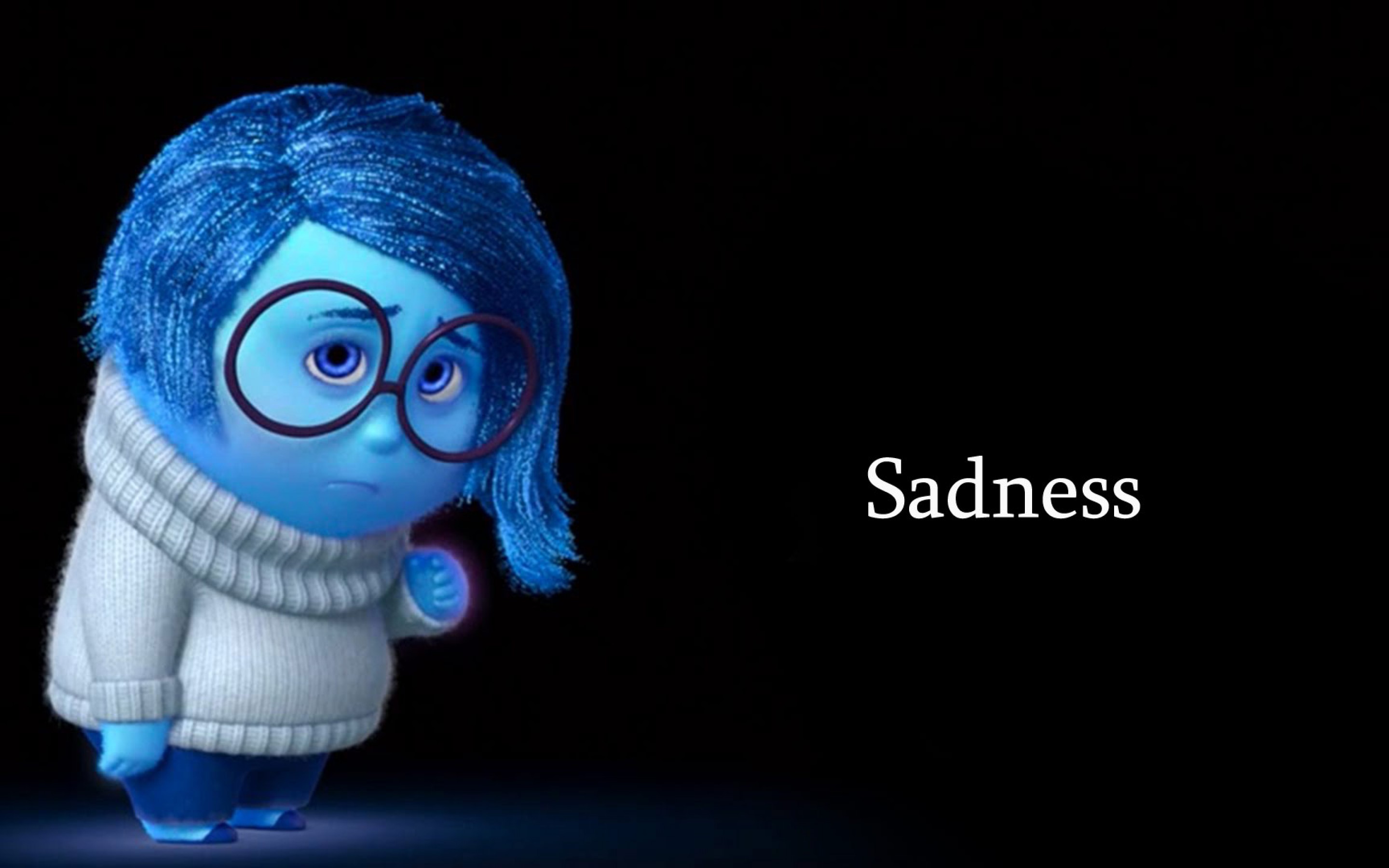Tim here. We're just a couple of days from the release of Inside Out, the 15th feature produced by Pixar Animation Studios, and by virtually unanimous consent, a return to the glory days of a company that has spent the last few years in search of its artistic mojo.
It’s a movie about emotions, the personification of Joy, Sadness, Anger, Disgust, and Fear present in the mind of an 11-year-old girl. As befits its topic, virtually unanimous consent is also that it will make you feel lots. And it will make you cry. Lots.
Speaking privately, there's not much I enjoy more than having a movie wallop me into a sobbing blob, so I'm about as anxious for Friday as it's possible to get. In the meantime, I've whipped up this handy field guideto some of Pixar's best tearjerkers. This should not be regarded as a complete list: the more moments I compiled, the more I realized that the studio has been feeding off our sadness for almost its entire existence.
Red's Dream (1987)
As proof, I offer the studio's second short film, when it was still more the tech demo wing of Apple than a storytelling collective. That didn't stop John Lasseter from imbuing a little red unicycle with all the personality that some metal tubes and a vinyl seat could conceivably possess. And the point of this skillful exercise in anthropomorphism? Just to show us all how a meager slice of hope can make a lonely and unwanted life even more bitter. Yay for cartoons!

Toy Story 2 (1999)
The brand-new character, Jessie the Yodeling Cowgirl, designed with the biggest eyes and most joyfully expressive face imaginable, shares her story of heartbreak and abandonment while Sarah McLachlan dolefully sings Randy Newman's most sorrowful lyrics of all time in "When She Loved Me". Meanwhile, the images are crammed full of rich oranges and reds and dusky filtered life for maximum nostalgia and shameless sentimental appeals. It is perfect.

Monsters, Inc. (2001)
Not all tears have to be sad tears. It takes nothing more than the word "Kitty" delivered by little Mary Gibbs, followed by a look of beaming happiness on the face of hairy monster Jake "Sully" Sullivan" to absolutely flatten me with weepy joy.
Up (2009)
The nuclear holocaust of Pixar's tearjerking moments: never again would every facet of sound and image be so hellbent on punching our tear ducts into submission. In a wordless montage, Carl and Ellie Fredricksen fall in love, marry, miscarry, grow old, and then she dies, all while Michael Giacchino's Oscar-winning score dances a sweeping waltz that transfers with perfect timing from lush orchestrations to thin pizzicato. It is one of the most devastating five-minute sequences in modern cinema, sketching its characters' lives so profoundly in nothing but brightly colored flashes that our sense of loss is just as punishing as Carl's. To me, it's the saddest, most heartrending piece of animation this side of the brutal "sometimes children starve to death" story of Grave of the Fireflies, and far more efficient.

Toy Story 3 (2010)
Not just a moment, there's an entire act of the film dedicated to slamming the audience upside the head with one pulverizing emotion after another. First, that damn incinerator scene, with the characters looking as solemn as CGI renderings of plastic have any reasonable right to, as they affirm their lifelong friendship in the most sober of contexts. Then teenage Andy's look of shock as he realizes that it's time to part with the one last shard of his childhood that he wasn't ready to give up. And then, for the benefit of anybody who has managed to keep themselves together through all of that, there's Tom Hanks's wistful delivery of the line "So long, partner." It is the most manipulative thing Pixar has ever put into a movie and but so utterly, damnably effective at it that all is forgiven.

Bob Iger's address to Disney shareholders (2014)
"We are working on Cars 3."
Well, I cried.
